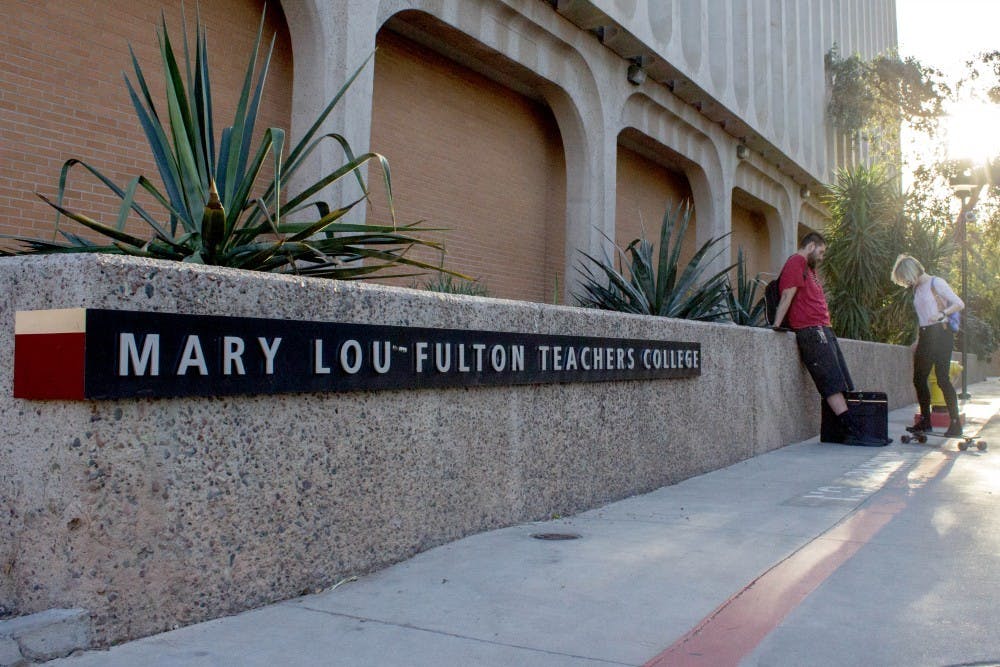Former Superintendent of Public Instruction Kathy Hoffman has joined ASU’s Mary Lou Fulton Teachers College to lead a new Learning Futures Collaborative that addresses challenges and examines the future of education for children with disabilities.
With a background as a speech-language pathologist and the Arizona superintendent of public instruction from 2019 to 2023, Hoffman joins ASU as an executive director for innovation and special education initiatives. She seeks to address the challenges that instructors, parents and children with disabilities face within the schooling system.
"The idea is for the collaborative to be future-focused, and to be asking big questions like 'what is the future of special education? How do we address the staffing challenges in a way that is most positively effective for supporting students with disabilities?'" Hoffman said.
The collaborative aims to assist the needs of students with disabilities from kindergarten through high school, as well as aid teachers through the development of new tools and curricula.
Currently the collaborative is in the hiring process and is looking to bring together ASU faculty, instructors, students and researchers to engage in an effort to address the many challenges facing departments serving children with disabilities.
According to Hoffman, most of the problems within the Arizona education system are exacerbated in special education departments, such as hiring and retaining teachers and making sure each student’s needs are met individually.
"There's staffing challenges across the state. There's major, major challenges around recruiting ... speech language pathologists, occupational therapists, psychologists, different members of a special education team," Hoffman said.
Although the collaborative will have a focus on education and services for students with disabilities, Hoffman seeks to enhance learning experiences in more than only courses offered specifically to students with disabilities. In order to solve some of the issues, the collaborative will need to examine problems within the system as a whole.
“The big question is around how do we improve the outcomes for students with disabilities, and that may not exclusively be (in) special education courses,” Hoffman said.
This idea is shared by retired special needs instructor Christy Asta, who worked at Kyrene de la Brisas Elementary School in Chandler for 24 years. While teaching, Asta saw how a lack of schoolwide training affected teachers and their understanding of students with disabilities.
“I think even general (education) teachers are not as trained with certain special needs as would be beneficial," Asta said. "I think it would be beneficial if we had more training to be able to accommodate those students better."
Darin Chokey, a parent of a child with special needs, said his daughter's high school was as supportive as it could be to help her graduate. Chokey said a large issue for his child was requirements that students graduated once they turn 18. He said Mountain Pointe High School in Phoenix allowed his daughter to stay for an extra three years, which helped tremendously.
Another issue Chokey noted was teacher burnout, which research suggests is prominent among special education instructors.
"That area (special education) is racked with teachers who burn out quickly because the challenges get very high," Chokey said.
Chokey hopes the new collaborative at ASU will address this issue, which has affected the school system in its entirety after COVID-19.
Edited by Sadie Buggle, Jasmine Kabiri and Greta Forslund.
Reach the reporter at rgparke1@asu.edu and follow @richardwithat on Twitter.
Like The State Press on Facebook and follow @statepress on Twitter.




